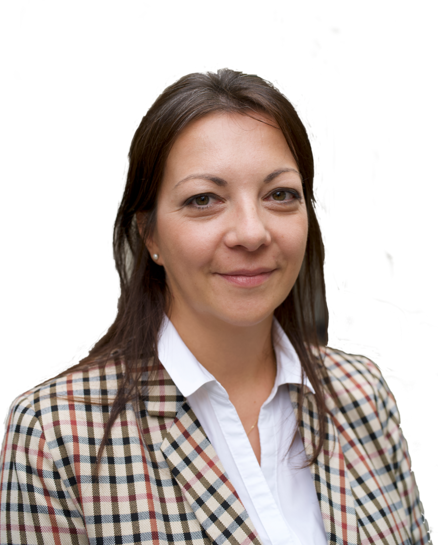
Dr. Jovana Dikovic joined CCRS in September 2021, and as of January 2022 acts as head of Sustainable Impact and Inclusive Development. She received her BA in Social anthropology and MA in Political Sciences from the University of Belgrade. Subsequently, she moved to the University of Zurich where she obtained her Ph.D. in Economic Anthropology. She teaches at the University of Zurich as well as the University of St. Gallen and is also a visiting fellow at the University of Pittsburgh. As an economic anthropologist, Dr. Dikovic studies endogenous growth and its impact on state and donor-driven agricultural and development projects and policies in the rural Balkans (Serbia, Kosovo, and Greek-Albanian border). In her prior extensive field research, Dr. Dikovic studied how microeconomics, local cultures, values, and ideas skew the course of the state plans for agriculture and rural development in Serbia, and how they affect the institutionalized ideas of change. At CCRS, Dr. Dikovic investigates the outcomes of development projects in rural Kosovo. In this context, she conducts ethnographic research aiming at detecting crucial obstacles in the sustainable implementation of development projects in agriculture and provides recommendations on how to address these bottlenecks through more inclusive approaches to sustainable development that focus on supporting the local economy.
Dr. Jovana Dikovic stiess im September 2021 zum CCRS und ist seit Januar 2022 Leiterin des Bereichs Nachhaltige Auswirkungen und integrative Entwicklung. Sie erwarb ihren BA in Sozialanthropologie und ihren MA in Politikwissenschaften an der Universität Belgrad. Anschliessend wechselte sie an die Universität Zürich, wo sie in Wirtschaftsanthropologie promovierte. Sie unterrichtet an der Universität Zürich, an der Universität St. Gallen und ist zudem Gastwissenschaftlerin an der Universität Pittsburgh. Als Wirtschaftsanthropologin untersucht Dr. Dikovic endogenes Wachstum und dessen Auswirkungen auf staatliche und gebergesteuerte Agrar- und Entwicklungsprojekte und -politiken im ländlichen Balkan (Serbien, Kosovo und griechisch-albanische Grenze). In ihren früheren umfangreichen Feldforschungen untersuchte Dr. Dikovic, wie Mikroökonomie, lokale Kulturen, Werte und Ideen den Kurs der staatlichen Pläne für Landwirtschaft und ländliche Entwicklung in Serbien beeinflussen und wie sie sich auf die institutionalisierten Ideen des Wandels auswirken. Am CCRS erforscht Dr. Dikovic die Ergebnisse von Entwicklungsprojekten im ländlichen Kosovo. In diesem Zusammenhang führt sie ethnografische Forschungen durch, die darauf abzielen, entscheidende Hindernisse bei der nachhaltigen Umsetzung von Entwicklungsprojekten in der Landwirtschaft aufzuspüren, und gibt Empfehlungen, wie diese Engpässe durch integrativere Ansätze für eine nachhaltige Entwicklung, die sich auf die Unterstützung der lokalen Wirtschaft konzentrieren, behoben werden können.